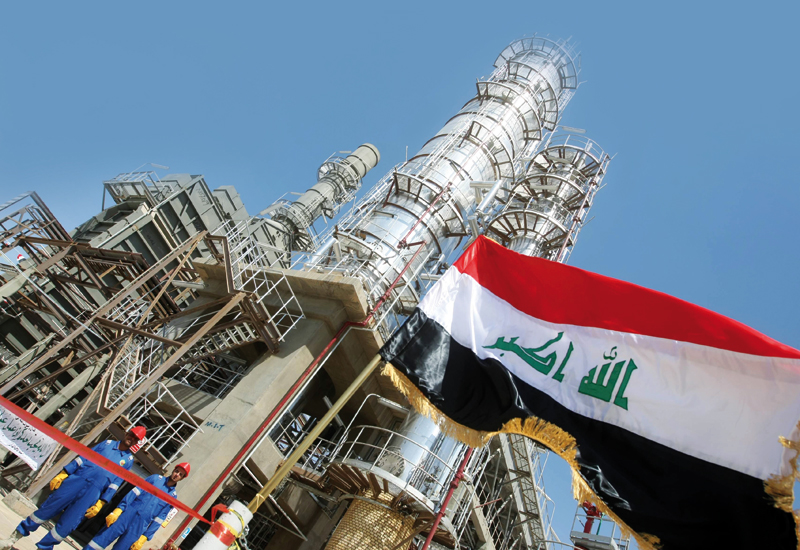Iraq's recent oil and gas field auction results solidify China's growing influence in the country's energy sector, according to analysts. Out of 13 projects awarded, 10 went to Chinese companies. This strategic shift comes as Iraq grapples with stagnant oil production and underdeveloped natural gas reserves.
The three-day bidding process offered 29 projects spread across central, southern, and western Iraq, including an offshore exploration block in the Arabian Gulf. Western oil giants, who have held a dominant position for decades, were noticeably absent from this round. Analysts attribute this to several factors, including a lack of transparency in Iraqi contracting procedures and Iraq's decision to continue importing natural gas from Iran, a move opposed by some Western nations.
"China's significant investment in Iraqi oil secures a new and substantial source of crude oil, " said Mamdouh Salameh, an oil economist. Salameh predicts China will actively prevent Western oil majors from regaining a foothold in Iraq's oil industry.
The Iraqi government hopes this new influx of Chinese capital will translate into increased oil production and development of its natural gas reserves. Iraq sits on the world's fifth-largest proven oil reserves, but aging infrastructure and political instability have hampered significant growth in recent years.
The awarded projects are expected to significantly boost Iraqi oil output, with estimates reaching an additional one million barrels per day. The additional revenue will be crucial for financing reconstruction efforts in the wake of years of conflict and political turmoil.
China's growing economic clout in Iraq extends beyond oil. Bilateral trade between the two nations has flourished in recent years, with China becoming a primary source of imports for Iraq. China has also invested heavily in Iraq's infrastructure sector, financing the construction of power plants, roads, and bridges.
This deepening China-Iraq relationship has caused unease among some regional powers and Western nations. The United States, a long-time player in Iraqi affairs, has expressed concerns about China's growing influence. The US has traditionally viewed Iraq as a strategic partner in the Middle East and may view China's economic inroads as a challenge to its own interests in the region.
Analysts predict that China's economic leverage will likely translate into greater political influence in Iraq. The extent of this influence and its potential impact on the region's geopolitical dynamics remain to be seen. However, one thing is certain:the results of the latest oil bid round solidify China's position as a major player in Iraq's future.

